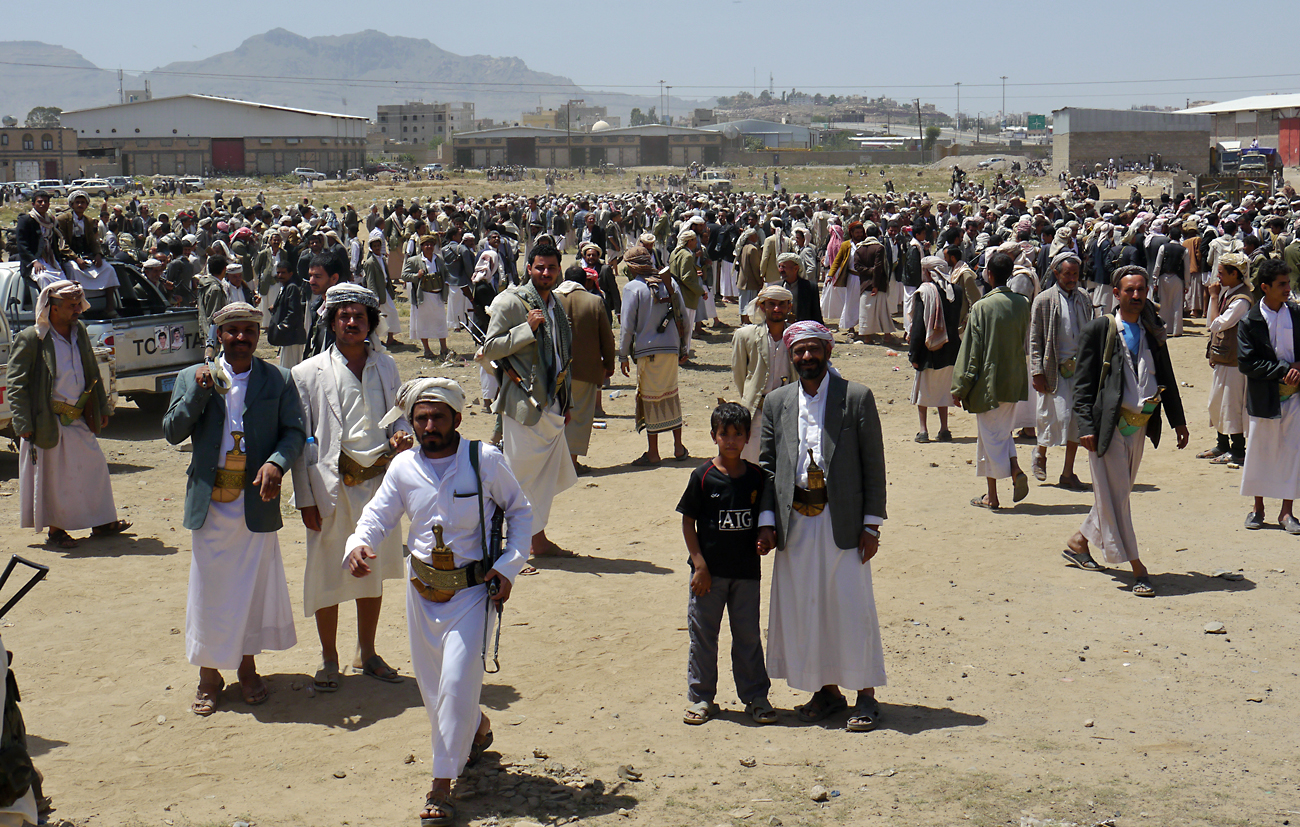As part of our current theme on extremism and violence, SEN Journal: Online Exclusives is pleased to present a recently published piece by Khaled Fattah on tribes and terrorism in the Middle East. This article was first published by Canada International Council and is republished by SEN with the permission of the author. The original article can be found here.
With the recent stepping up of controversial U.S. drone attacks in tribal areas of Yemen, and post-Arab Spring confrontations with militant jihadist groups in tribal areas of Egypt, Libya, and North Africa, a number of misconceptions surrounding the links between tribes and terrorism in the Arab Middle East continue to plague press coverage and policy reports. The first of these misconceptions is that tribal areas are lawless, ungoverned spaces – a modern-day Wild West. Another misconception is that the ultra-conservative culture of Arab tribes is fertile ground in which to root the violent ideology of transnational terror cells. The truth is that much of the current commentary about tribes and tribalism in the Arab Middle East reflects the Pentagon’s experiences so far in the American-led “War on Terror.” This war has now shifted from boot-heavy invasions to ghost wars in which drones hover over countries with significant tribal populations: Yemen, Pakistan, Afghanistan, Somalia, Libya, and Mali. The War on Terror is now primarily carried out via “open secret” predator drone missions that increasingly target exclusively tribal areas.



